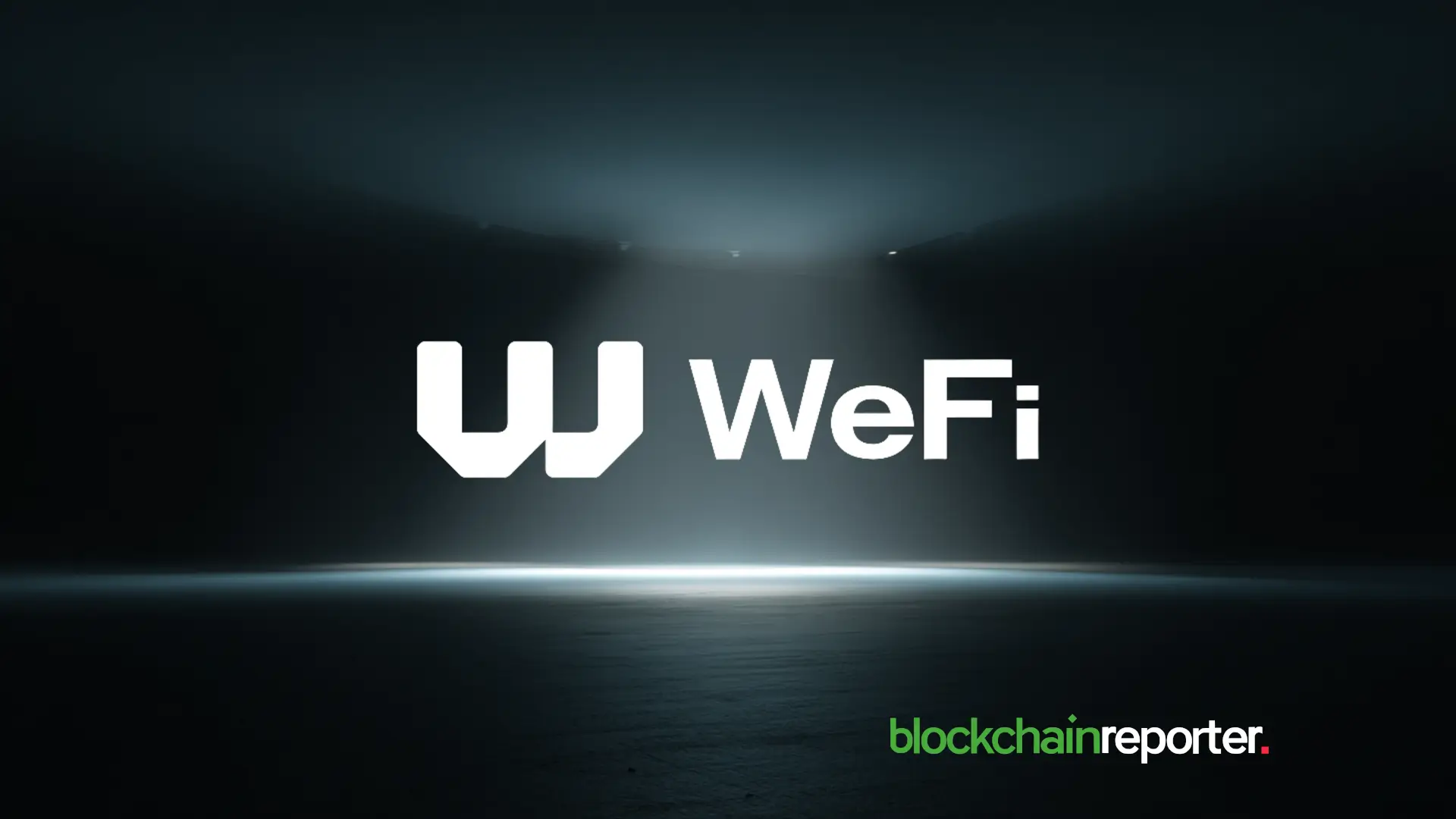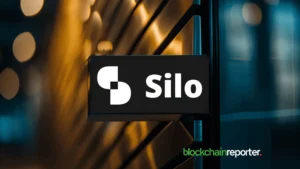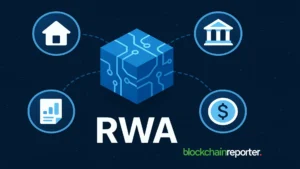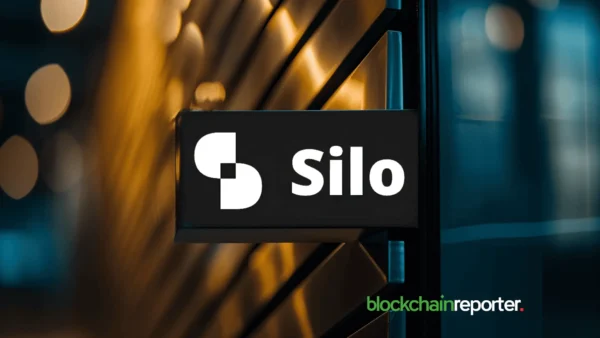
WeFi, the world’s first deobank, pulls together a multi-license regulatory framework across different jurisdictions and clears the path for its global launch. The company holds authorizations spanning North America, Europe, and the Middle East, each tailored to specific aspects of its hybrid traditional-crypto banking platform.
The licensing framework clearly mirrors the complexity of WeFi’s business model. For example, in Canada, the firm holds registration as an MSB with FINTRAC and offers traditional payment services.
Furthermore, the Czech Republic granted WeFi a VASP (Virtual Asset Service Provider) license through the Czech National Bank, authorizing cryptocurrency exchange operations across the European Union. WeFi is also in the process of securing a MiCA license, which will solidify its presence in Europe and bring it under the EU’s forthcoming harmonized crypto regulations.
Looking ahead, the world’s first deobank is working toward a Singapore MPI (MAS) certification as well, to expand its payment services across Asia under a trusted regulatory framework. Within the EU, an EMI license gives WeFi the right to issue digital money across all member states.
WeFi’s path forward also includes obtaining a full banking license, which is a vital move for its evolution as a deobank. This license will give the company the authority to introduce credit products and ensure that lending services operate transparently and within established regulations.
The success of this approach could set an example for other fintech ventures and show how layered regulatory compliance can support innovation and growth in global markets.
“We built this structure to make financial services truly global,” explained Maksym Sakharov, WeFi’s co-founder and CEO. “With 1.4 billion people still excluded from banking, WeFi offers a way forward.”
With its deobank model, WeFi’s objective is to reach a massive underserved population. While neobanks simply digitize traditional banking, deobanks fuse decentralized finance with established financial services. To put it simply, this means users keep control of their funds through self-custodial wallets, while still using everyday features like debit cards and international transfers.
Users have support for over 7,000 currencies and ties into the Visa network, which reaches 150 million merchant locations across the globe. Through smart contracts, there’s a possibility to earn as much as 18% annually on their stablecoin deposits.
WeFi approaches regulatory compliance as a broad responsibility that goes well beyond collecting licenses. The platform applies AI-driven know-your-customer checks and uses zero-knowledge proofs to verify users while their privacy remains intact. In every market where it operates, WeFi meets all regulatory standards.
Although in its early stages, WeFi has already set a Guinness World Record in May 2025 for the most viewers of a blockchain livestream, drawing 121,348 concurrent viewers during a Dubai event.
Overall, WeFi holds multiple separate licenses, and that setup gives it room to grow as regulators define digital asset rules more clearly.
Instead of chasing a single broad permit, the company pursued targeted approvals that let it run both banking and crypto services with fewer blind spots. Since opening its first public version in February 2025, WeFi has expanded steadily across the markets where it holds authorization.
By pioneering the deobank category and building a multi-jurisdictional licensing framework, WeFi is positioning itself as a blueprint for the future of finance. Fresh off being named “Best Digital Bank of the Year” at the 2025 FinanceFeeds Awards, the company combines regulatory rigor, innovative technology, and user-first services to show how decentralized and traditional banking can merge into a secure, inclusive, and truly global financial ecosystem.
About Maksym Sakharov
Originally from Ukraine, Maksym Sakharov stepped into crypto in 2016 and has since built a decade of experience in fintech. He co-founded Exflow, a European crypto exchange that offered B2B and OTC services, and launched Whitemark, a blockchain real estate platform that tested how decentralized systems could reshape property transactions. These projects established his focus on applying blockchain to practical use cases within finance.
Now based in Dubai, Sakharov contributes articles to major financial outlets and appears regularly at industry conferences. He speaks on topics such as decentralized infrastructure, cross-border payments, and the growing role of digital assets in global markets. At WeFi, Sakharov played a decisive role in assembling the company’s licensing framework and led the livestream that secured a Guinness World Record. His career reflects both entrepreneurial drive and a commitment to building accessible financial systems on a global scale.









